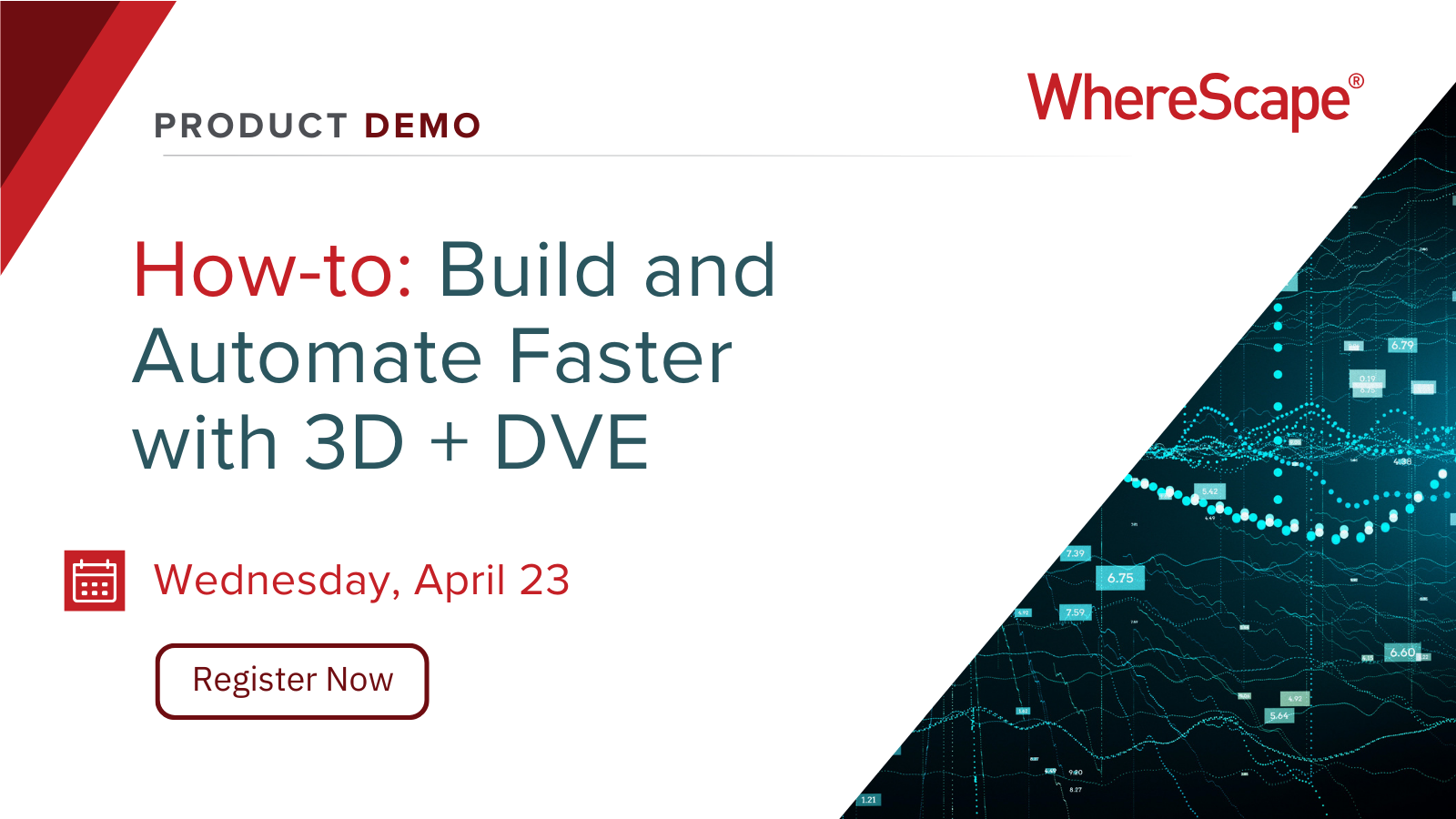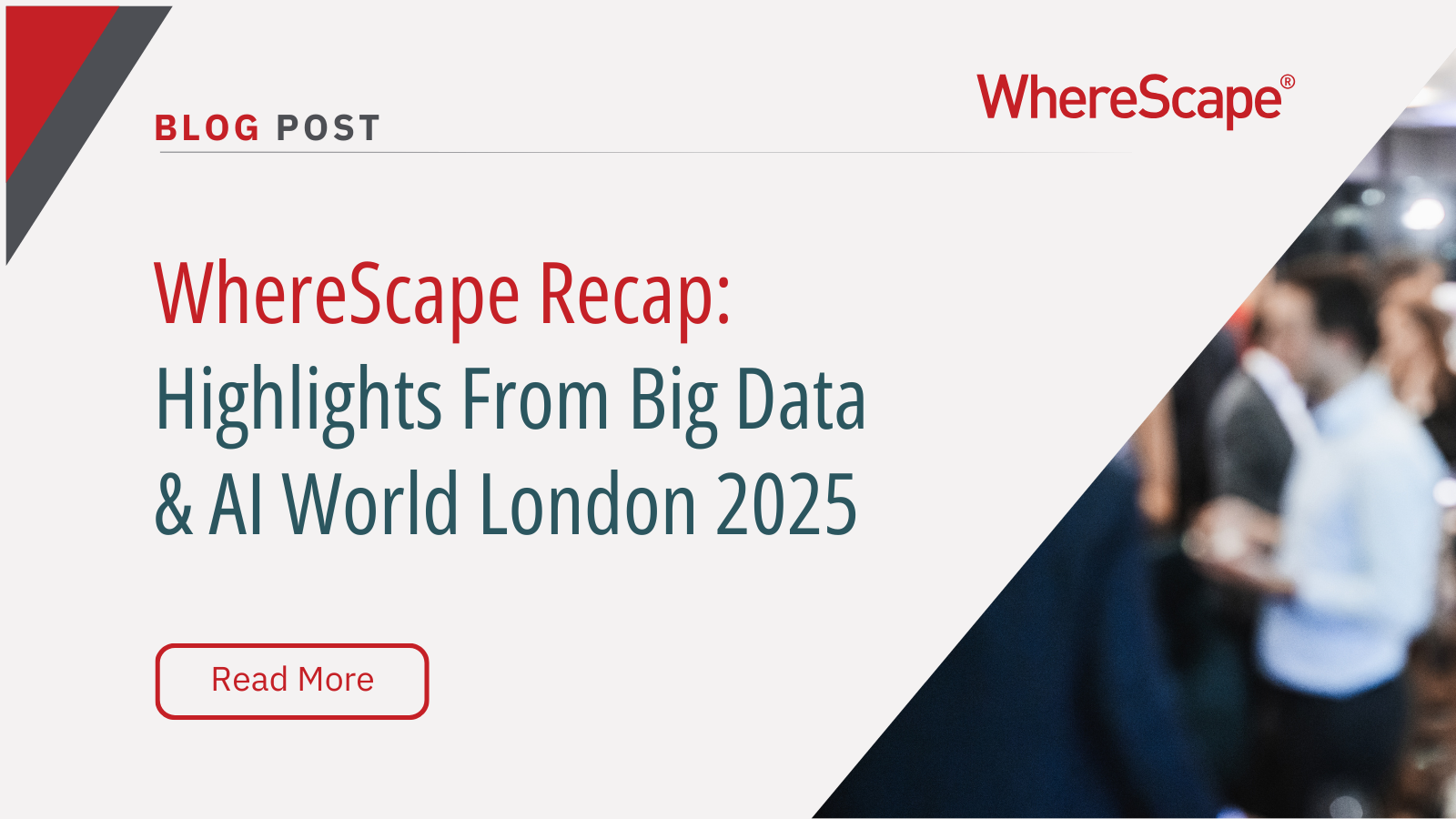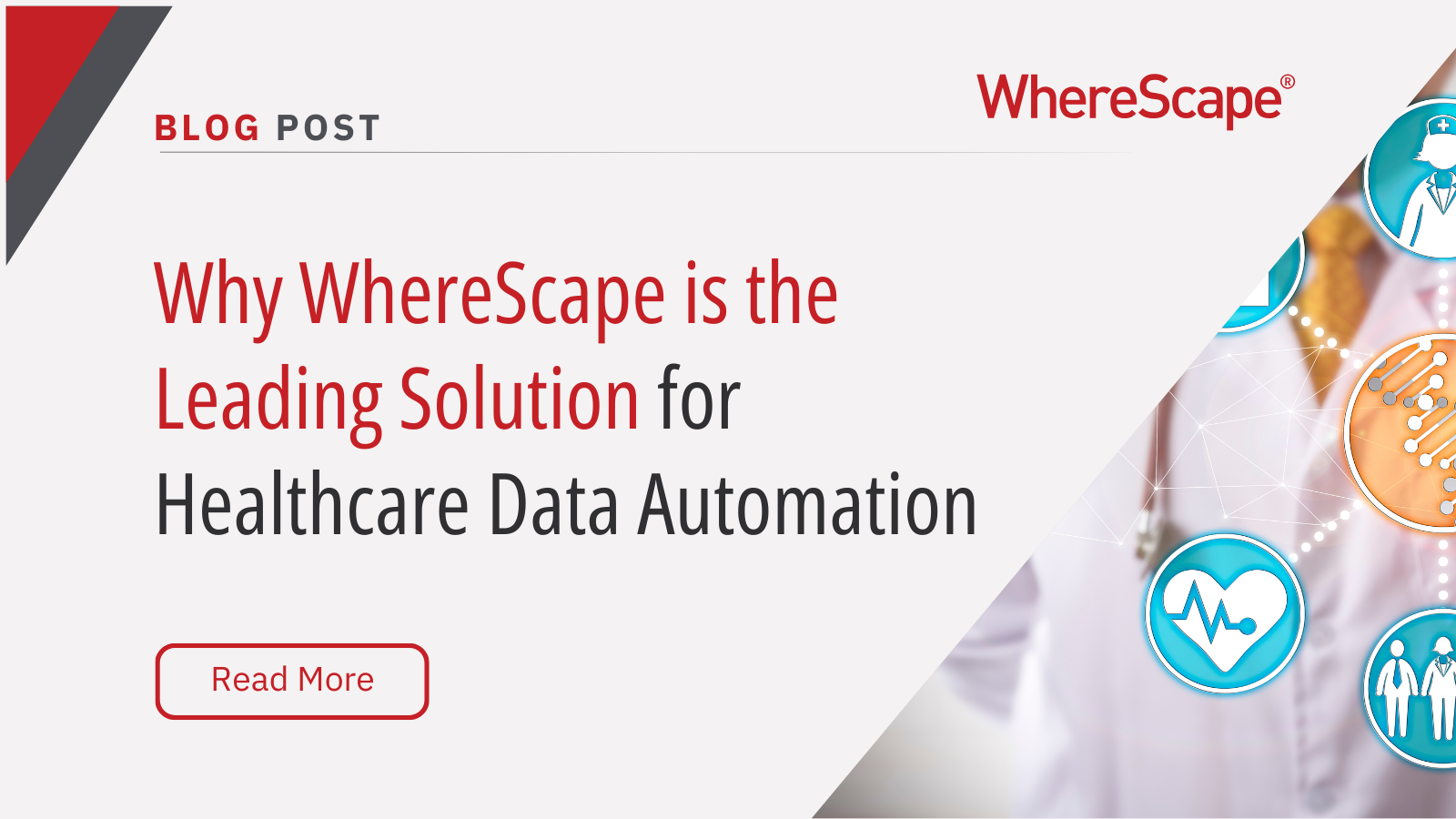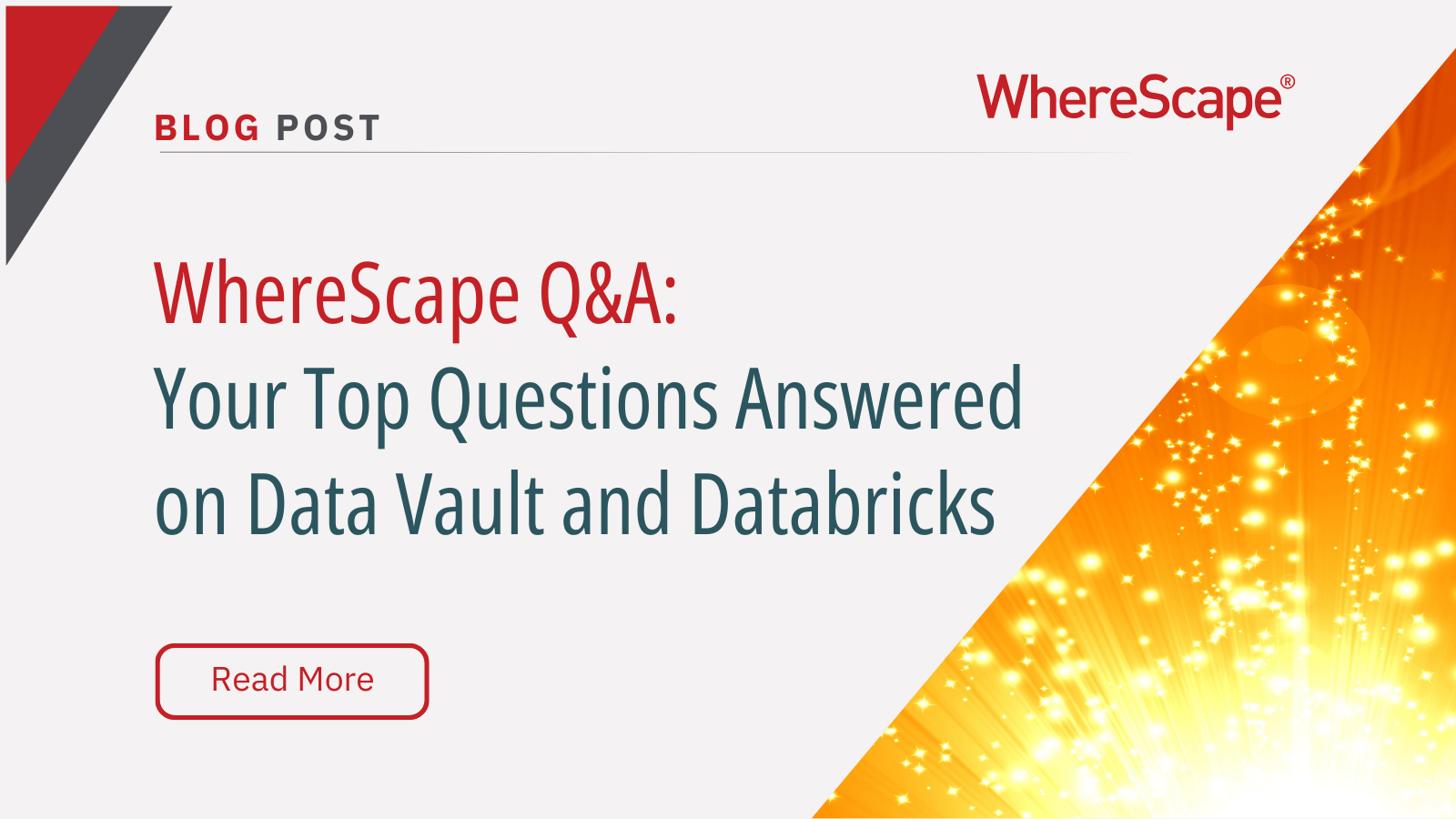Ready to explore Data Vault automation...
Information Management Maturity
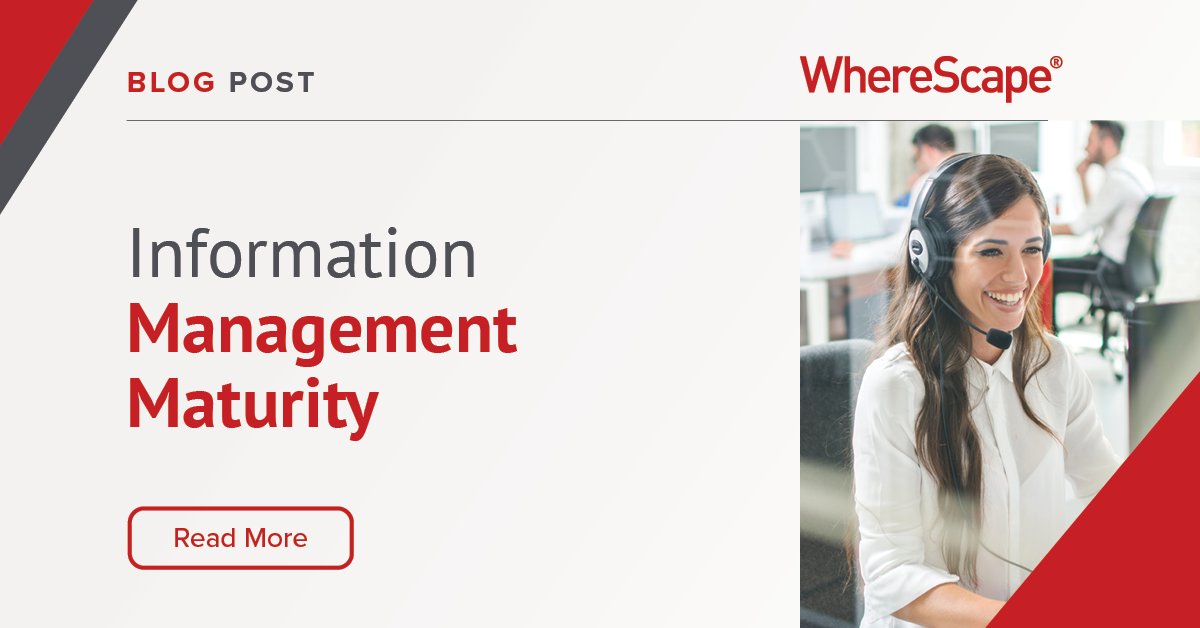
Unlocking Your Business Potential: Understanding and Enhancing Information Management Maturity
In a recent report by Gartner, they emphasize the crucial role of information in the current business environment, stating, “Through 2025, organizations that are data-driven will outperform their industry peers in profitability by an average of 8%.” This powerful statement underscores how information has become the primary catalyst for growth and success in today’s fast-paced business landscape. Converting raw data into valuable insights is essential for making informed decisions and staying ahead of the competition. This is where the concept of Information Management Maturity comes into play, helping organizations assess and improve their data handling capabilities. In this article, we will explore who is interested in Information Management Maturity, the processes it impacts, and the key industry trends shaping its future.
Data-Driven Enterprises
Who Is Interested in Information Management Maturity?
Information Management Maturity is becoming increasingly important for various roles within organizations. CIOs, CDOs, and other IT executives responsible for data strategy and management focus on this concept to ensure that their organizations can unlock the full potential of their data assets. Additionally, data architects, data analysts, and data scientists who work directly with data rely on strong Information Management Maturity levels to drive better outcomes in their analytics and modeling efforts. Managers and team leaders responsible for data-driven decision-making within the organization also require a mature data infrastructure to make informed, strategic choices.
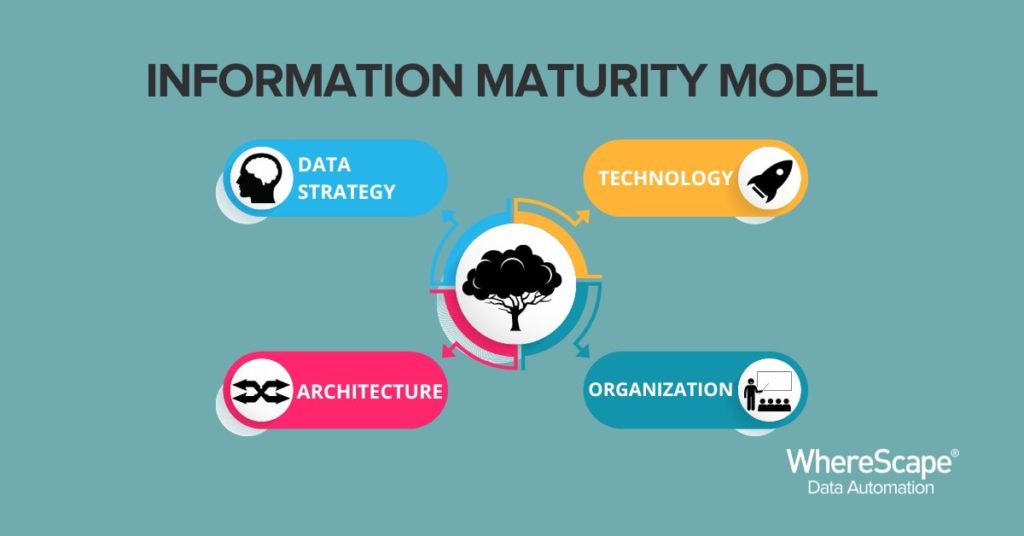
IT Maturity Model
Processes Impacted by Information Management Maturity
Information Management Maturity has a profound impact on several key processes within organizations. Data governance, data quality, and data security processes are essential for maintaining and improving maturity levels, ensuring that data assets are accurate, secure, and compliant with regulations. Data integration, data migration, and data warehousing efforts are directly influenced by an organization’s maturity level, affecting the efficiency and effectiveness of these processes. Reporting, analytics, and business intelligence initiatives also rely on robust Information Management Maturity to generate valuable insights and drive business growth. Furthermore, big data processing and machine learning capabilities are significantly affected by an organization’s maturity level, determining the success of these advanced analytics efforts.
Data Management Trends
Evolving Trends in Information Management
Several trends are shaping the future of Information Management Maturity. The increased focus on data privacy and security regulations, such as GDPR and CCPA, has prompted organizations to prioritize maturity in order to maintain compliance and protect sensitive data. The growing adoption of cloud-based data storage and processing solutions has created new opportunities and challenges for organizations looking to enhance their maturity. The rise of real-time data streaming and analytics has highlighted the need for mature data management processes to support these fast-paced, data-driven initiatives. Additionally, the integration of artificial intelligence and machine learning in data management processes has spurred organizations to improve their maturity to take advantage of these cutting-edge technologies.
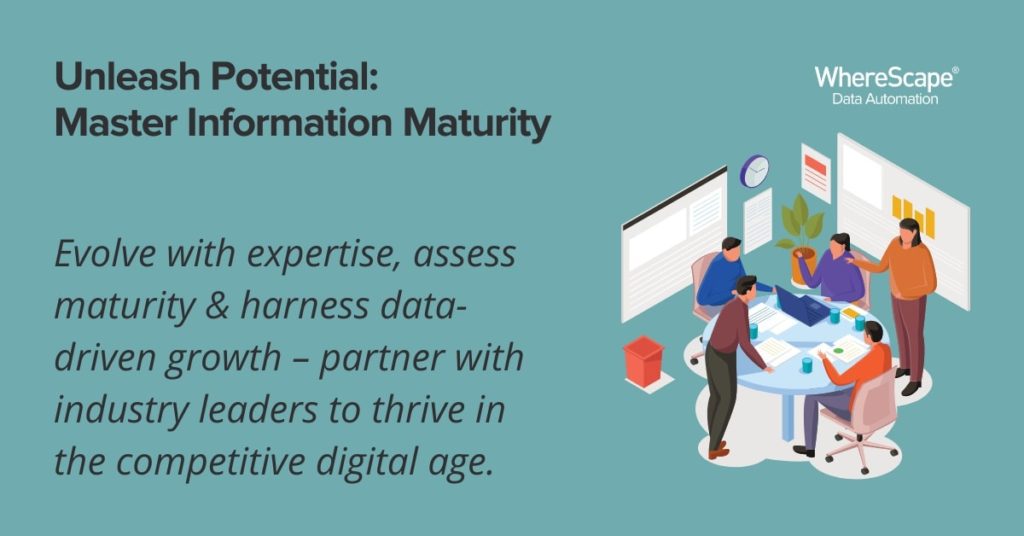
Insights from Industry Influencers
William McKnight, a leading expert in data management, has authored numerous works on the topic, including his influential book “Information Management: Strategies for Gaining a Competitive Advantage with Data.” McKnight emphasizes the importance of a well-defined data strategy and effective data governance in achieving high levels of Information Management Maturity. As McKnight states, “Data is the new currency of business, and those who know how to manage it, protect it, and extract value from it will be successful in the years to come.”
WhereScape Data Automation
How WhereScape’s Capabilities Support Information Management Maturity
WhereScape offers data automation solutions that streamline data warehousing, integration, and migration processes, enabling organizations to create a strong data foundation. By improving data governance and data quality, WhereScape’s solutions directly contribute to enhancing Information Management Maturity. With WhereScape, organizations can establish a solid data foundation, allowing them to focus on extracting value and insights from their data. These solutions help businesses to tackle critical components of Information Management Maturity, such as data governance and data quality, ultimately driving better decision-making and strategic planning.
Information Management Maturity
Understanding and enhancing Information Management Maturity is crucial for modern businesses looking to unlock their full potential. As the business landscape continues to evolve, organizations must assess their current maturity levels and implement strategies to stay ahead of the curve. By leveraging insights from industry experts like William McKnight and solutions from companies like WhereScape, businesses can effectively harness the power of their data to drive growth and success in the increasingly competitive digital age.
WhereScape Data Automation
WhereScape eliminates the risks in data projects and accelerates time to production to help organizations adapt better to changing business needs.
WhereScape Recap: Highlights From Big Data & AI World London 2025
Big Data & AI World London 2025 brought together thousands of data and AI professionals at ExCeL London—and WhereScape was right in the middle of the action. With automation taking center stage across the industry, it was no surprise that our booth and sessions...
Why WhereScape is the Leading Solution for Healthcare Data Automation
Optimizing Healthcare Data Management with Automation Healthcare organizations manage vast amounts of medical data across EHR systems, billing platforms, clinical research, and operational analytics. However, healthcare data integration remains a challenge due to...
WhereScape Q&A: Your Top Questions Answered on Data Vault and Databricks
During our latest WhereScape webinar, attendees had fantastic questions about Data Vault 2.0, Databricks, and metadata automation. We’ve compiled the best questions and answers to help you understand how WhereScape streamlines data modeling, automation, and...
What is Data Fabric? A Smarter Way for Data Management
As of 2023, the global data fabric market was valued at $2.29 billion and is projected to grow to $12.91 billion by 2032, reflecting the critical role and rapid adoption of data fabric solutions in modern data management. The integration of data fabric solutions...
Want Better AI Data Management? Data Automation is the Answer
Understanding the AI Landscape Imagine losing 6% of your annual revenue—simply due to poor data quality. A recent survey found that underperforming AI models, built using low-quality or inaccurate data, cost companies an average of $406 million annually. Artificial...
RED 10: The ‘Git Friendly’ Revolution for CI/CD in Data Warehousing
For years, WhereScape RED has been the engine that powers rapidly built and high performance data warehouses. And while RED 10 has quietly empowered organizations since its launch in 2023, our latest 10.4 release is a game changer. We have dubbed this landmark update...
The Assembly Line for Your Data: How Automation Transforms Data Projects
Imagine an old-fashioned assembly line. Workers pass components down the line, each adding their own piece. It’s repetitive, prone to errors, and can grind to a halt if one person falls behind. Now, picture the modern version—robots assembling products with speed,...
The Role of Clean Data in AI Success: Avoiding “Garbage In, Garbage Out”
Co-authored by infoVia and WhereScape Artificial Intelligence (AI) is transforming industries across the globe, enabling organizations to uncover insights, automate processes, and make smarter decisions. However, one universal truth remains: the effectiveness of any...
What is a Cloud Data Warehouse?
As organizations increasingly turn to data-driven decision-making, the demand for cloud data warehouses continues to rise. The cloud data warehouse market is projected to grow significantly, reaching $10.42 billion by 2026 with a compound annual growth rate (CAGR) of...
Simplify Cloud Migrations: Webinar Highlights from Mike Ferguson
Migrating your data warehouse to the cloud might feel like navigating uncharted territory, but it doesn’t have to be. In a recent webinar that we recently hosted, Mike Ferguson, CEO of Intelligent Business Strategies, shared actionable insights drawn from his 40+...
Related Content
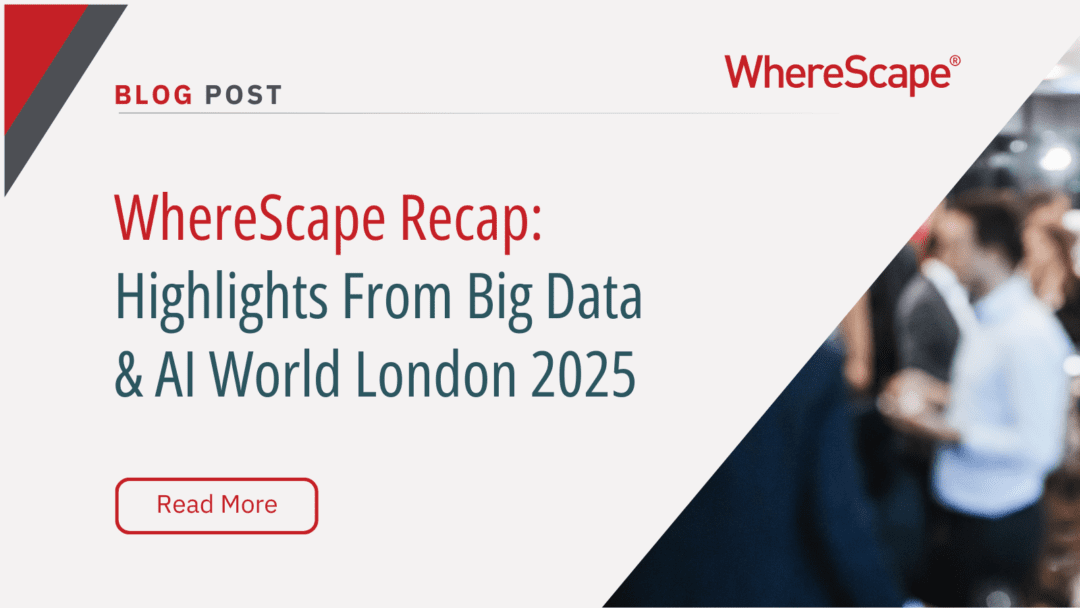
WhereScape Recap: Highlights From Big Data & AI World London 2025
Big Data & AI World London 2025 brought together thousands of data and AI professionals at ExCeL London—and WhereScape was right in the middle of the action. With automation taking center stage across the industry, it was no surprise that our booth and sessions...
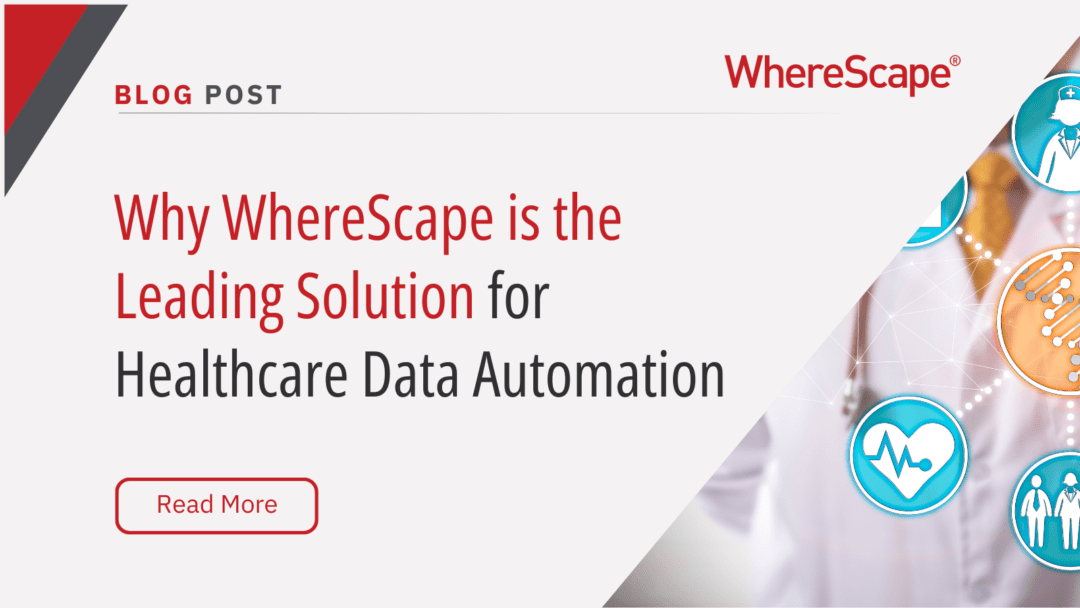
Why WhereScape is the Leading Solution for Healthcare Data Automation
Optimizing Healthcare Data Management with Automation Healthcare organizations manage vast amounts of medical data across EHR systems, billing platforms, clinical research, and operational analytics. However, healthcare data integration remains a challenge due to...
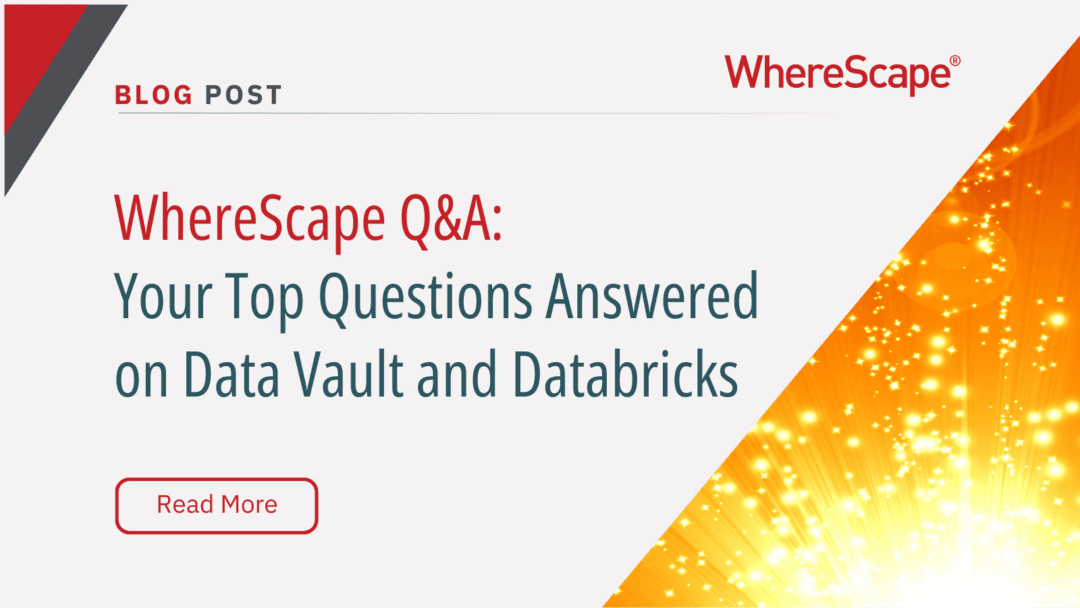
WhereScape Q&A: Your Top Questions Answered on Data Vault and Databricks
During our latest WhereScape webinar, attendees had fantastic questions about Data Vault 2.0, Databricks, and metadata automation. We’ve compiled the best questions and answers to help you understand how WhereScape streamlines data modeling, automation, and...
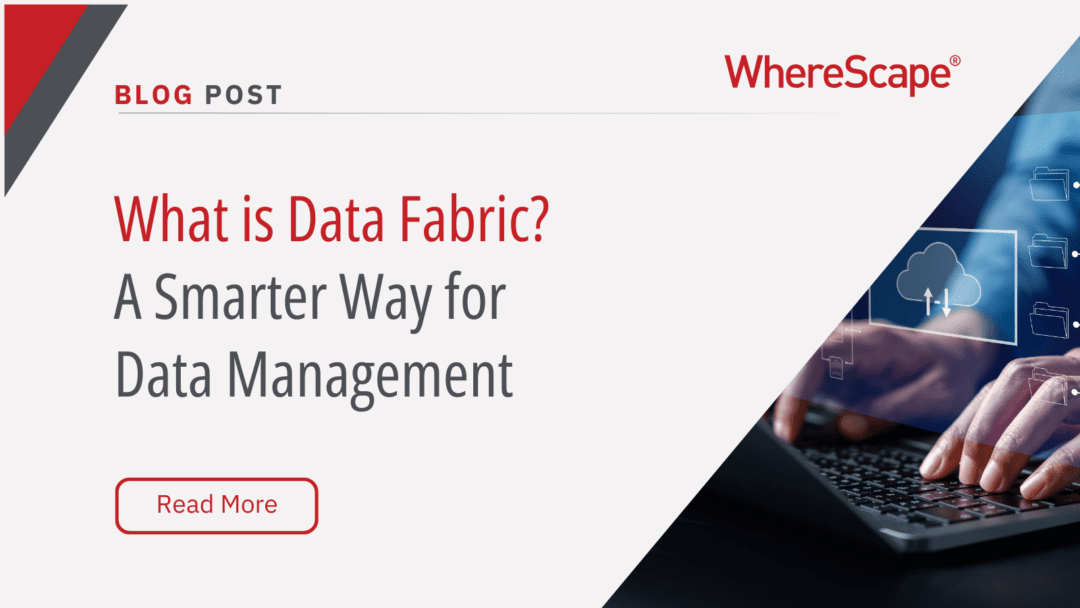
What is Data Fabric? A Smarter Way for Data Management
As of 2023, the global data fabric market was valued at $2.29 billion and is projected to grow to $12.91 billion by 2032, reflecting the critical role and rapid adoption of data fabric solutions in modern data management. The integration of data fabric solutions...

